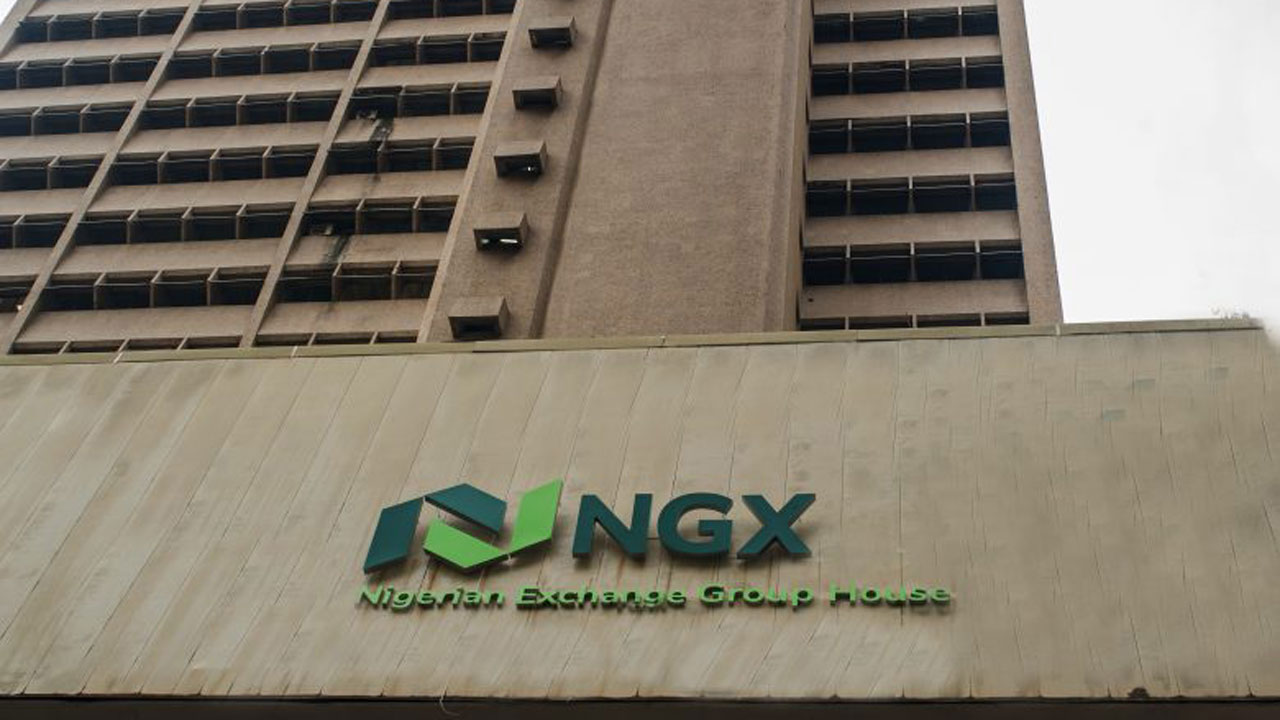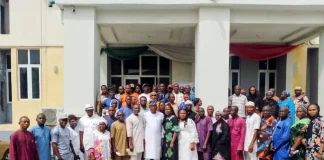The Central Bank of Nigeria (CBN) on Tuesday intervened once more in the interbank segment of the foreign exchange (FX) market as it sold $210 million in the wholesale segment and other sectors.
Figures released by the central bank yesterday showed that the wholesale sector of the market got another injection of $100 million, just as the small and medium scale enterprises (SMEs) and invisibles sectors each received $55 million.
Confirming the figures, the Acting Director, Corporate Communications Department at the CBN, Mr. Isaac Okorafor, said the interventions, like the previous intermediations, were in line with the Bank’s commitment to sustain the high level of stability in the Forex market and continually ease access to the currency by those requiring it for genuine activities.
Okorafor, while commending the role of players in the market, said the CBN was ready to inject funds into the market, whenever and wherever necessary, in order to maintain market stability as well as sustain the financial system.
He also said the financial regulator was further buoyed by recent gains in the foreign exchange sector, which had seen the country’s reserves soar closer to the $50 billion mark.
Speaking further, Okorafor said the country’s reserves continued to enjoy accretion, adding that the present reserves status at the Bank meant that the CBN was capable of sustaining foreign exchange liquidity in the system.
Tuesday’s intervention came as one United States Dollar (US$1) exchanged for N361 in the Bureau De Change (BDC) segment of the market.
The CBN had in its last interventioninjected the sum of $396.18million into the Retail Secondary Market Intervention Sales (SMIS).
CBN Governor, Mr. Godwin Emefiele at the weekend put the value of the country’s external reserves at $47.93 billion, noting, however, that there was need to save for the rainy day and also continue to grow the foreign reserves.
He said it would be like saying the focus on inflation, the gross domestic product and exchange rate do not mean anything.
“We came to a meeting where one of the important issues that was discussed was the need to save for a rainy day and we must continue to rebuild reserves.
“That means that Nigeria’s decision to rebuild its reserves from as low as $23 billion in 2016 to almost $48 billion today was a decision in the right direction.
“So, we are going to continue to do so. If we had more reserves when we were hit by the exogenous shocks, we would not have suffered the recession that we suffered,” he added.












